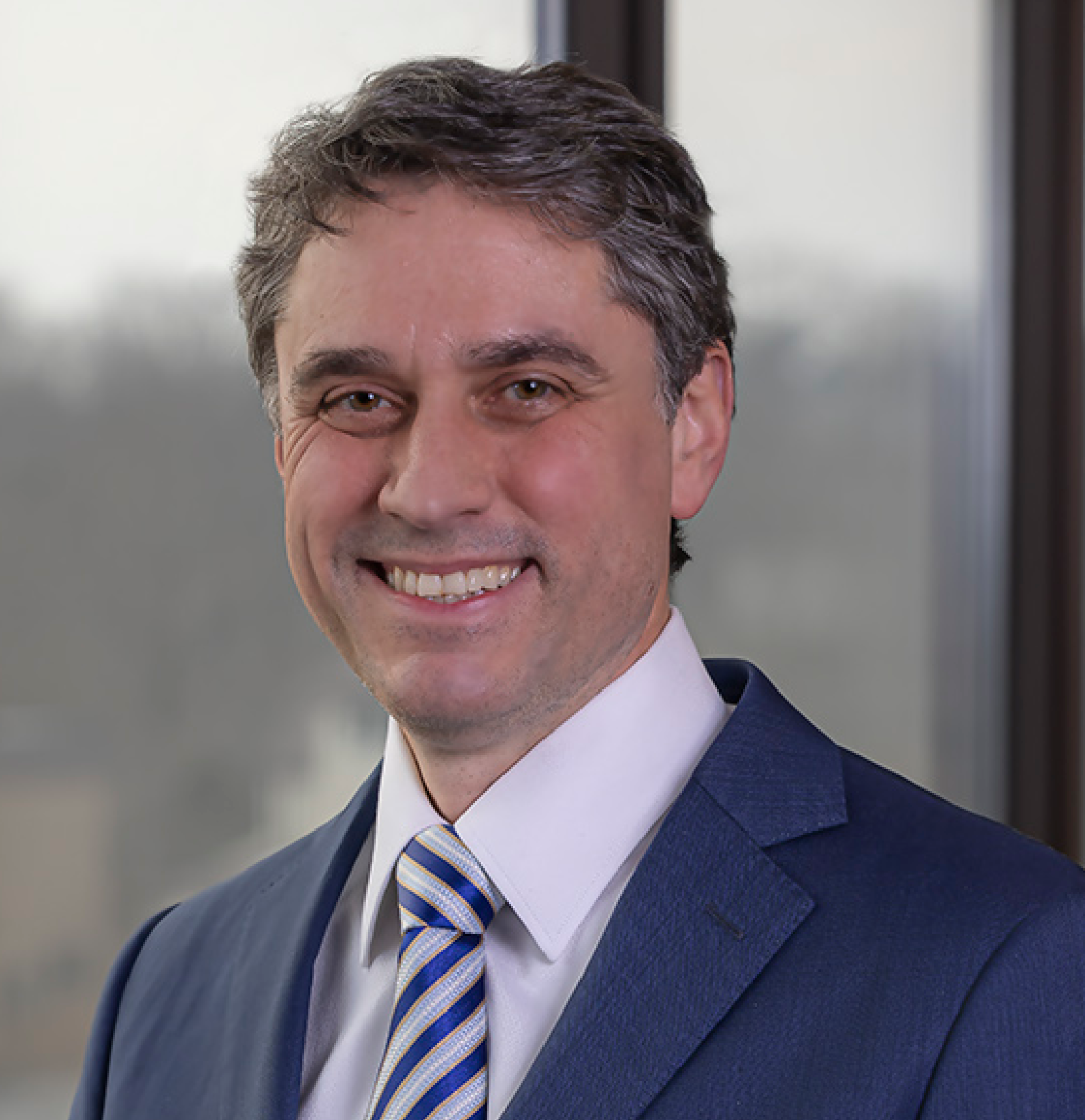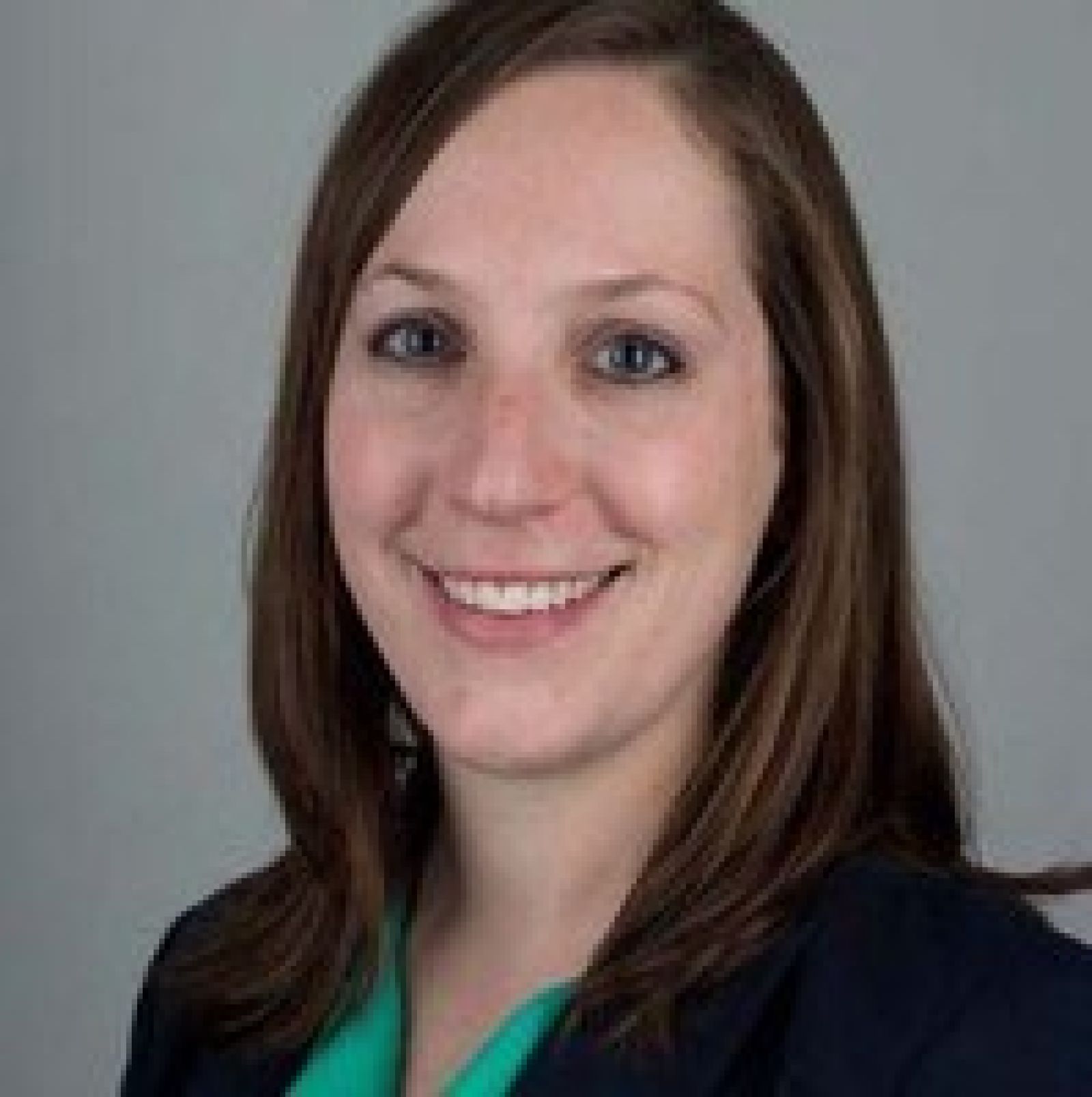Betsy Lehman Center looks to expand communication, apology and resolution programs throughout Massachusetts
A unique communication and resolution program (CRP) for resolving the impacts of medical harm and unexpected outcomes on patients and their families is now well-positioned for broader adoption by hospitals and other health care provider organizations in Massachusetts.
The CARe model, which stands for Communication, Apology and Resolution, was initiated in 2012 by the Massachusetts Alliance for Communication and Resolution following Medical Injury (MACRMI). Beginning this month, the Betsy Lehman Center for Patient Safety is assuming responsibility for building on the success of the model, currently in use at 10 Massachusetts health care provider organizations, with seven more soon to follow.
Envisioned as an alternative to costly malpractice litigation that also aims to improve patient safety, CARe guides provider organizations in:
- Promptly disclosing what is known about the harm event or unexpected outcome to patients and their families;
- Investigating and better understanding the root causes of the event;
- Sharing information with patients and families in a timely manner; and
- In cases of preventable harm, offering patients and family members a sincere apology and financial restitution without litigation.
Over the last 10 years, MACRMI has helped Massachusetts hospitals implement the model, studied its efficacy and supported a learning community among hospitals with CARe programs.
“The Betsy Lehman Center is pleased to be entrusted by MACRMI to build on its decade of pioneering work to develop, test and support the implementation CARe in Massachusetts,” says the Center’s Executive Director, Barbara Fain. “Because communication and resolution programs have been proven to increase patient safety in the provider organizations that have them, our goal is for CARe to become a standard offering, widely accessible throughout the state.”

Pat Folcarelli, R.N., Ph.D.
Pat Folcarelli, R.N., Ph.D., says CARe and other CRPs are a natural addition to patient safety efforts. Now Vice President of Patient Safety at CRICO, Folcarelli serves as co-chair of MACRMI’s board along with Doug Salvador, M.D., M.P.H., Chief Quality Officer at Baystate Health.
“At BIDMC, we were fortunate to have a good foundation in patient safety, having spent five years working toward a goal of zero preventable harm.” says Folcarelli, who was Vice President of Health Care Quality at Beth Israel Deaconess Medical Center when the hospital participated in CARe’s initial pilot program. Folcarelli emphasizes that having systems in place for reporting adverse events, communicating with patients and families, supporting clinicians, and learning from errors is not enough. When the standard of care is not met and harm occurs, organizations should also, in concert with their malpractice insurance carrier, talk with the patient about compensation. She says, “This is a natural evolution of a fair and just culture of safety.”
While thousands of patients and families experience harm during medical treatments or procedures in Massachusetts each year, pursuing a malpractice case in court can be lengthy and impractical.
Studies indicate that, in the aftermath of a harm event, most patients and families want straightforward communication about what went wrong, genuine concern for their well-being, and reassurance that the causes of the error or harm are resolved so that no one else suffers the same consequences. Patients and families also want coverage for their additional medical costs, lost wages, childcare and other expenses.
Massachusetts was an early adopter of communication and resolution programs
Massachusetts was the first state to apply a CRP model across a variety of hospitals and organizations statewide. Leveraging a grant from the Agency for Healthcare Research and Quality (AHRQ) in 2009 and enabling legislation in 2012, the Massachusetts Medical Society and Beth Israel Deaconess Medical Center took the lead in forming MACRMI and developing CARe, which was modeled after a CRP developed by Rick Boothman at the University of Michigan Health System.
In 2012, three hospitals affiliated with BIDMC and three affiliated with Baystate Health participated in the first pilot, with funding from Tufts Health Plan, Harvard Pilgrim Health Care, Blue Cross Blue Shield of Massachusetts, CRICO, Coverys, Baystate Health Insurance Company, and the Massachusetts Medical Society.

Alan Woodward, M.D.
The 2012 state legislation also includes a requirement that providers disclose errors to patients and in most cases prevents a provider’s apology from being introduced as evidence in a malpractice trial. It also requires six months’ advanced notice of possible litigation by patients to allow providers the opportunity to offer the CARe approach as an alternative.
Alan Woodward, M.D., an emergency medicine physician and co-founder of MACRMI, was inspired to look for alternatives to the malpractice system by having seen firsthand the toll that litigation was taking on the mental health and professional wellbeing of physicians. “I decided to start looking at ways to change the system," says Dr. Woodward.
Attorneys play an important role for families in CARe

Jeffrey Catalano, Esq.
Jeffrey Catalano, Esq., a Massachusetts plaintiff’s attorney, worked with Dr. Woodward on the CARe model and serves on the MACRMI board, along with patient advocate Linda Kenney, who is now Director of Peer Support Programs at the Betsy Lehman Center.
Many plaintiff’s attorneys were wary of CRPs, concerned that patients and families would feel pressure to settle early, for less than they might win through litigation. Catalano credits Dr. Woodward and others at MACRMI for taking steps to alleviate those concerns, dispelling fears that CRPs were good for hospitals and bad for patients. MACRMI, in fact, encourages patients and families to engage legal representation early in the CARe process and offers a list of attorneys who have been trained in the CARe process and agree to abide by MACRMI’s Best Practices for Representing Patients.
And, contrary to providers’ fears, CRPs have not increased their liability risk. In 2018, a study of four Massachusetts hospitals using CARe showed fewer new claims and no significant change in overall liability cost. In a similar timeframe, CRPs used in other states, including the University of Illinois Hospital and Health Sciences System, helped decrease claims and insurance costs. As noted in the CARe study report reduced claims and expense are not the programs’ only benefit:
The real promise of CRPs will be achieved when implementing institutions can consistently show not only that the programs improve reconciliation after adverse events, but also that they prevent avoidable events from recurring.
Catalano agrees that CARe and other CRPs offer benefits to many: “Every person or a family member is going to be a patient one day.” He asks, “How do you want to be treated? If something goes wrong, do you want to be in litigation for many years? Or do you want to receive a transparent, timely, and fair resolution that improves health care at the same time?”
CARe helps patients cope with emotional and financial harm
Transparent communication helps patients contend with the emotional and financial repercussions of medical harm. A study of patient experience with CRPs, including CARe at BIDMC and Baystate Medical Center, collected information about how best to conduct conversations with patients and families about harm events, which helped MACRMI refine the CARe model.
Dr. Woodward notes that apology is important for providers, too: “It helps them deal with their grief. The last thing a clinician wants to do is to hurt someone.” In a survey of clinicians who had experience with CARe, 90% gave it a positive rating for fairness and effective communication.

Melinda Van Niel, M.B.A.
Melinda Van Niel, M.B.A., who has administered MACRMI since 2012, will serve as the CARe Program Director at the Betsy Lehman Center. She notes that CARe must be implemented methodically and rigorously for everyone to benefit. “It’s not enough to agree in general with the philosophy of CARe.” says Van Niel. “There are details that must be understood and carefully put in place.”
Dr. Woodward says he is pleased by the Betsy Lehman Center’s plans to focus on further dissemination of CARe. “The model is proven,” he says. “The data and the studies show that it doesn't create more litigation. It's faster, it's better for patients, providers, patient safety and the health care system as a whole. We’ve learned a lot, as reflected in our best practices.”